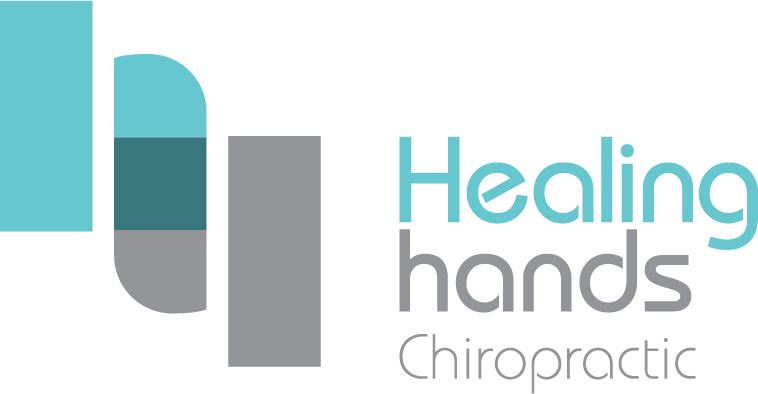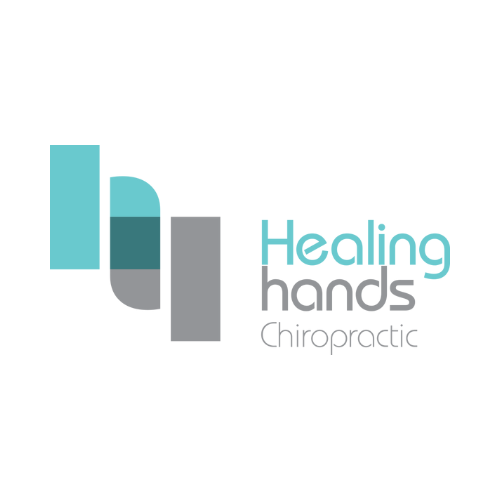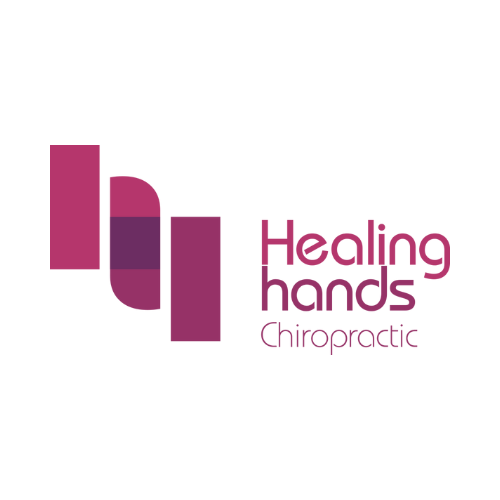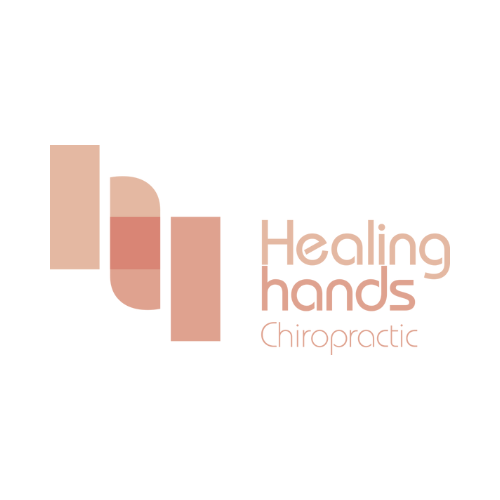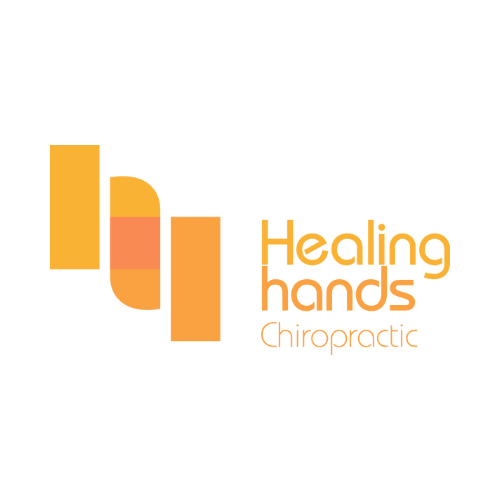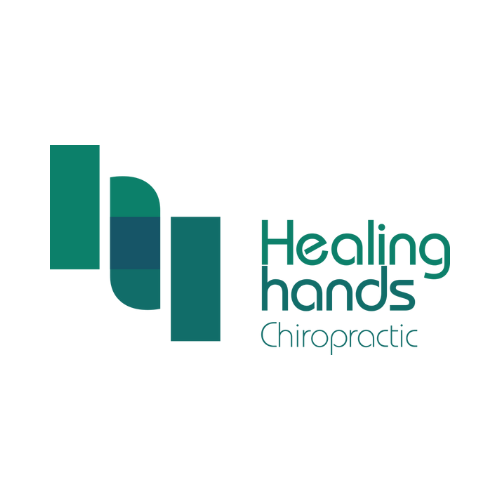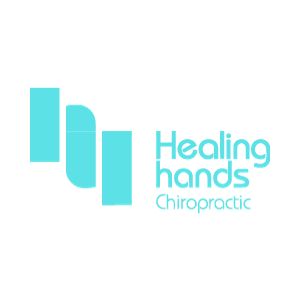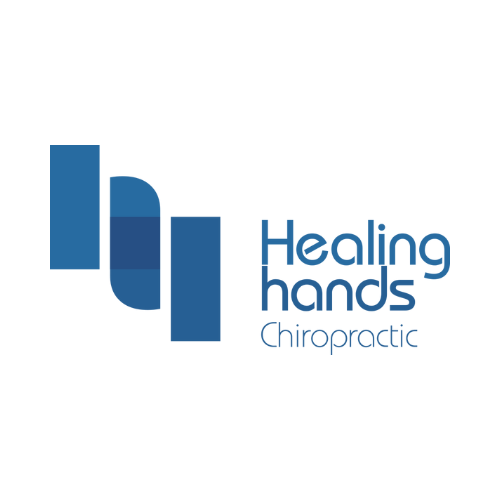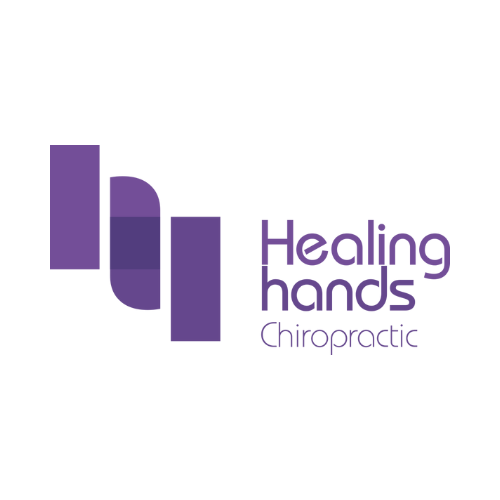Herniated Disc
What is herniated disc?
A herniated disc, also known as a slipped disc or ruptured disc, is an injury of the intervertebral disc of the spine, which commonly happened in the low back rather than the neck. It characterized by the damage of the outer layer (fibrous ring) of the disc with subsequent leakage of the gelatinous internal part (nucleus polposus). This can result in nerve irritation, since these herniations often occur in areas where spinal nerves are located.
Herniated Disc Facts!
- According to a study by Edelman Intelligence, Singaporeans spend about $8 billion each year on pain relief treatment.
- An article by Singapore General Hospital also stated that pain dramatically influences a person and affects their moods. Furthermore, it can affect sleep habits and even the quality of sleep, which can get a person on a bad start to their day.
- According to Health Hub Singapore, about 80 percent of adults suffer from lower back pain from time to time.
What are the symptoms of herniated disc?
A herniated disc can manifest a range of symptoms, depending on its location and the presence (or absence) of nerve impingement. Some herniated discs may not cause any symptoms at all. Here are the typical symptoms associated with a herniated disc based on its location:
1. Cervical Disc Herniation (Neck Region):
- Pain: This can be localized to the neck or may radiate down the arm, possibly to the hands.
- Numbness or tingling: These sensations can be felt in the shoulder, arm, or fingers.
- Weakness: Muscle strength may diminish in the affected arm or hand.
- Reduced reflexes: Reflexes might be diminished in the arms.
2. Thoracic Disc Herniation (Mid-Back Region):
- Pain: This can be localized to the upper back and might also be felt in the chest or abdomen. However, thoracic disc herniations are less common than those in the cervical or lumbar regions.
- Numbness or tingling: These sensations can be felt in the upper back or possibly the chest.
- Weakness: This might affect the muscles served by the impinged thoracic nerve.
3. Lumbar Disc Herniation (Lower Back Region):
- Pain: This is often localized to the lower back but can radiate down one or both legs, possibly extending to the foot. This radiating leg pain is often referred to as “sciatica.”
- Numbness or tingling: These sensations can be felt in parts of the buttock, leg, or foot.
- Weakness: The affected leg might feel weak.
- Reduced reflexes: Reflexes can be diminished, particularly at the knee or ankle.
4. General symptoms regardless of location:
- Pain aggravated by movement: Certain movements, like bending or twisting, can exacerbate the pain.
- Pain alleviated by rest: Pain might reduce when lying down or finding a comfortable position.
If you or someone you know is experiencing these symptoms, it’s essential to consult a healthcare professional for an accurate diagnosis and to get advice on appropriate treatment.
What are the complications from herniated disc?
A herniated disc, if not managed or treated appropriately, can lead to complications. Here are some potential complications that might arise from a herniated disc:
Chronic Pain: This is perhaps the most common complication. Even with treatment, some individuals continue to experience pain, which can negatively affect their quality of life.
Nerve Damage: If the herniated disc compresses a nerve for an extended period, it can lead to permanent nerve damage. This can result in chronic pain, numbness, tingling, and muscle weakness.
Loss of Sensation: Persistent compression of the nerve can reduce sensation in the areas served by the affected nerve.
Muscle Weakness: Muscles that receive signals from the affected nerve may weaken over time due to decreased nerve stimulation.
Paralysis: In rare cases, if the herniated disc severely compresses the spinal cord or cauda equina (bundle of nerve roots at the lower end of the spinal cord), it can result in paralysis.
Bladder or Bowel Dysfunction: Severe herniated disc cases, particularly those impacting the cauda equina, can lead to loss of bladder or bowel control. This is a medical emergency known as “cauda equina syndrome” and requires immediate attention.
Reduced Mobility: Pain, muscle weakness, or loss of sensation can limit a person’s ability to move or carry out everyday activities.
Decreased Quality of Life: Chronic pain and reduced mobility can greatly impact an individual’s overall well-being, affecting both physical and mental health.
Depression and Anxiety: Living with chronic pain or reduced mobility can lead to emotional challenges, including depression and anxiety.
Complications from Surgery: Surgical treatments for herniated discs carry risks, such as infection, bleeding, adverse reactions to anesthesia, and, rarely, neurological damage.
It’s essential to recognize the symptoms of a herniated disc early on and seek medical advice. Prompt and appropriate treatment can help reduce the risk of complications and promote better outcomes.
The common causes of herniated disc:
A herniated disc can result from a variety of factors. Here are the common causes and contributing factors:
Aging: As people age, intervertebral discs lose hydration and become less flexible, increasing their susceptibility to tearing or rupturing with minor strain or twist. This process is known as disc degeneration.
Physical Strain and Overexertion: Lifting heavy objects, especially without proper technique (e.g., lifting with the back rather than the legs), can place excessive pressure on the discs, leading to herniation. Repetitive straining activities, such as bending and twisting, can also contribute.
Trauma: Accidents or injuries, like falls, vehicular accidents, or any sudden blow to the back, can cause a disc to herniate.
Genetics: Some people might inherit a predisposition to developing disc problems, so there may be a genetic component to disc herniation.
Excessive Body Weight: Being overweight or obese places added stress on the discs in the lower back, increasing the risk of herniation.
Sedentary Lifestyle: Lack of regular physical activity can weaken the muscles supporting the spine, making discs more vulnerable to herniation.
Smoking: Smoking reduces the oxygen supply to the disc, causing it to degenerate more quickly.
Improper Posture: Habitually maintaining an improper posture, especially during prolonged sitting, can exert additional strain on the discs.
Occupational Hazards: Jobs that require repetitive lifting, bending, pulling, or twisting can increase the risk of developing a herniated disc.
It’s important to note that sometimes a disc can herniate without an obvious cause or triggering event. In such cases, a combination of factors may have weakened the disc over time, culminating in herniation. Proper body mechanics, regular exercise, and maintaining a healthy weight can help reduce the risk of developing a herniated disc.
Do i need to see a doctor for herniated disc? When should I see a doctor?
Yes, if you suspect you have a herniated disc or are experiencing symptoms consistent with one, it’s crucial to see a doctor. While many people with a herniated disc improve with conservative treatments and time, some situations can be severe and require more immediate attention.
Persistent Pain: If you have consistent pain in your back, neck, or radiating down your arm or leg, especially if it has not improved with over-the-counter pain medications and a few days of rest.
Numbness or Tingling: If you experience persistent numbness, tingling, or a “pins and needles” sensation in any part of your body, especially in your extremities.
Weakness: Muscle weakness in areas served by the affected nerves can indicate nerve compression. This might manifest as difficulty lifting items, stumbling while walking, or a general feeling of weakness in an arm or leg.
Loss of Bladder or Bowel Control: This could indicate a serious condition known as cauda equina syndrome, where the nerve roots at the lower end of the spinal cord are severely compressed. This is a medical emergency that requires immediate attention.
Sudden Onset after Trauma: If you experience sudden back or neck pain following an injury, accident, or trauma, seek medical evaluation to rule out serious injuries.
Pain that Worsens at Night: Pain that seems to intensify during rest periods or at night can be a reason for concern.
Pain that Does Not Improve with Rest: If your symptoms don’t improve or even worsen despite resting and avoiding strenuous activities.
Fever: If you have back or neck pain accompanied by a fever, it could indicate another condition like an infection.
History of Cancer: If you have a history of cancer and develop sudden severe back pain, it’s essential to seek medical evaluation to rule out metastasis or tumor involvement in the spine.
Underlying Health Conditions: If you have other health conditions, like osteoporosis, that could make your spine more vulnerable to injuries.
Remember that early intervention and diagnosis can improve outcomes and reduce complications. Consulting a doctor ensures that you receive appropriate care, recommendations for treatment, and guidance on how to manage your symptoms.
What are the treatments for herniated disc?
The treatment for knee pain depends on the underlying cause, severity, and the patient’s overall health status. Below are some common treatments for knee pain:
Over-the-Counter Pain Medications: Nonsteroidal anti-inflammatory drugs (NSAIDs) like ibuprofen or naproxen can help reduce pain and inflammation.
Prescription Medications: In more severe cases, stronger pain relievers, muscle relaxants, or even certain types of antidepressants (which can help with nerve pain) might be prescribed.
Chiropractic Care: Chiropractic can be a great alternative treatment for herniated disc, though it’s important to ensure that the chiropractor is experienced in treating herniated discs.
Acupuncture: This traditional Chinese medicine approach involves inserting thin needles at specific points on the body and can help with pain relief for some individuals.
Massage: Therapeutic massage might help reduce muscle tension, which can alleviate some of the pain.
Epidural Steroid Injections: These injections can help reduce inflammation around the affected nerve, providing relief from pain. The relief might be temporary, but it can last several months.
Microdiscectomy: A minimally invasive procedure where a small portion of the herniated disc material pressing on the nerve is removed.
Laminectomy or Laminotomy: These procedures involve removing a portion of the lamina (part of the vertebral bone) to create more space for the nerves, thus relieving compression.
Artificial Disc Surgery: The damaged disc is removed and replaced with an artificial one. This procedure is more common for herniated discs in the cervical (neck) region.
Spinal Fusion: Two or more vertebrae are fused together to stabilize the spine, especially after disc removal. This eliminates motion between the fused vertebrae, which can reduce pain.
It’s important to discuss with a spine specialist to understand the best treatment options based on the individual’s condition and needs. The majority of people with herniated discs respond well to conservative treatments, with surgery reserved for those who do not experience relief or have worsening symptoms.
Is chiropractic treatment good for herniated disc? Should i see a chiropractor?
Chiropractic care can be beneficial for many individuals with a herniated disc, especially if the herniation is mild to moderate and not causing severe nerve compression. Chiropractors are trained in spinal manipulation and other techniques designed to relieve pain, improve spinal alignment, and promote overall spinal health.
- Pain Relief: Chiropractic adjustments can help alleviate pain by improving spinal alignment and reducing nerve irritation.
- Improved Mobility: Adjustments can increase range of motion and reduce stiffness associated with a herniated disc.
- Decreased Muscle Spasm: By improving alignment and reducing nerve irritation, muscle spasms and tension around the affected area may decrease.
- Non-Invasive: Chiropractic care offers a non-surgical, drug-free approach to treating a herniated disc, which can be especially attractive to those who want to avoid medications or surgery.
If you decide to see a chiropractor, choose one experienced in treating herniated discs. Discuss your concerns and symptoms with them and understand the proposed treatment plan.
At Healing Hands, we specialise in herniated disc injury treatment in Singapore. We are experienced in helping patients who require chiropractic adjustments for herniated disc alignment through chiropractic sessions. Our chiropractor will identify the alignment of your spine from head to toe through an x-ray scan. A consultation will then be required to determine if your medical history allows chiropractic adjustments. Afterwards, the chiropractor will make the necessary adjustments to your spine over a few sessions to improve its alignment and teach you some exercises to increase mobility and flexibility in the body while maintaining the effects of the chiropractic adjustments.
Why Choose Us?
Healing Hands Chiropractic has been in the industry for 12 years and has a team of experienced chiropractors dedicated to helping patients with tension relief and management. We are experienced in relieving tensions and are able to help you to manage the pain using holistic and effective means. Healing Hands Chiropractic Singapore is one of the most reviewed and trustable chiropractic clinic. With over 1600+ five star reviews and real before vs after patients photos, you can entrust us with your health!
Get Rid of the pain today
Want To Have a Healthier and Happier life?
Book Your Appointment Today!
What To Expect During Your 1st Visit
Identifying postural imbalances to detect any differences in weight between the right and the left sides of the body, alignment from our head all the way down
to our hips. Tyron thermographic spinal scan helps to measure the muscle temperature around the spine. It detects areas with the greater temperature where muscles are working harder due to poor posture.
1-on-1 consultation with our Chiropractors with a detailed review of your health history.
Our Chiropractor will investigate and educate you on the necessary steps forward in reaching your health goals.
Our Chiropractors will perform a series of range of motion tests to determine your current body condition and an adjustment will be administered if deemed
clinically safe to do so.
Our Chiropractors will use their hands or a small instrument to apply a controlled force to the spinal joints. “Crack” or “Pop” sound may occur as your spine gets manipulated. Do not be alarmed, as the adjustment releases trapped gasses from your joints.
X-Rays will be prescribed so that we can accurately diagnose your condition before prescribing a customized treatment program. It is also for your safety and for us to rule out any possible underlying conditions that cannot be treated by Chiropractic.
The review of your X-rays is complimentary at your following visit if you take up the X-rays with our preferred diagnostic partners.
Frequently Asked Questions
A chiropractor provides non-invasive treatments with the benefits of spinal adjustments and realigning the joints to improve the system and function throughout the body.
In general, chiropractors believe in the ability of the body to self-heal through Chiropractic adjustment with the help of modalities such as the Flexion distraction table, E-stim, Denneroll, and functional exercises. They also utilize various other treatment modalities such as ultrasound, bodywork, etc. to get patients back to health.
We recommend seeing one if you are experiencing any discomfort, pains or aches in your muscles or joints. Check out the list of conditions we treat here.
Most importantly, do not wait until you are experiencing pain or worse, numbness to see a chiropractor. Often, pain is the last thing that shows up but the first to go away after chiropractic treatment.
There is no better time to visit the highest rated chiropractor in Singapore. Book your appointment here.
Chiropractic adjustment should not be painful. However, in some instances when the injury is either acute (happened recently) or sub-acute(on the road to recovery), the muscles and ligaments may prove to be guarded or sensitive to the touch, these are some exceptions.
A thorough examination of your complaints and conditions can alleviate any concerns that you may have.
It is a very safe & accurate thermographic scanner that scans the full spine or segmental parts of the spine in approximately 15 seconds. The Tytron detects areas of asymmetry as well as indicate areas with greater temperature due to acute soft tissue damage.
The Tytron scanner uses precision sensors, speciality lenses and a unique focusing system to give the chiropractor the most accurate and repeatable information available. You will be given a print out of your result on the first visit.
Book your first appointment with us to experience the Healing Hands chiropractic journey.
X-rays are recommended if you want to take care of your condition holistically and to get to the root of the issues. It is also for the patients safety and for us to rule out any possible underlying conditions that cannot be treated by Chiropractic adjustment. Just like your regular health check up, X-rays serve to give you and the chiropractor an insight to your spinal health as our naked eyes can only tell a rough story.
Our Chiropractors will use their hands or a small instrument to apply a controlled force to the spinal joints.
A “Crack” or “Pop” sound may occur as your spine gets manipulated. Do not be alarmed, as the adjustment releases trapped gasses from your joints.
Yes, we have both Male and Female Chiropractors at Healing Hands Chiropractic Singapore.
Our Female Chiropractors are stationed at Healing Hands Ang Mo Kio.and Healing Hands Bedok
All our Chiropractors believe in personalised care supported by time-tested techniques enhanced with the most efficient time frame. All our Chiropractors embody our 3 core values; Care For Patient, Integrity and Attention to Detail.
Yes, neck adjustments are a very safe treatment when performed by chiropractors as they are trained in the correct techniques to manipulate the joints safely. Healing Hands chiropractors also ensure that it is clinically safe enough for the adjustment before they perform it. This is also one of the reason why X-rays are required before more customised treatment can be done to ensure that your body is able to receive it.
The benefits of getting chiropractic treatment helps with reducing pain and increase joint mobility. We’ve written an article all about it here.
There also seems to be a lot of concern about the safety of getting adjusted by a chiropractor. However, when done by a professional chiropractor, spinal manipulation and Chiropractic care are generally considered safe, and effective treatments for acute pain.
Healing Hands Chiropractic Singapore has been treating thousands of patients since 2010 and many have benefited from it.
We hope to tell people more about chiropractic so that more can come to understand and appreciate how chiropractors can help with the various conditions for the people in Singapore.ut chiropractic so that people can understand and appreciate Chiropractic.
According to MOH, there are currently 150 chiropractors in Singapore. Choosing the most effective chiropractor for you may be challenging.
That is why we have written an article about 5 ways to find a good Chiropractor. In short,
1) Know your own health goals.
2) Integrity and confidence of the Chiropractor.
3) Word of mouth or reviews about the Chiropractor.
4) Clinical competency and experience of the Chiropractors.
5) The willingness of the Chiropractor to refer out.
